In June 2025, the American corporation “McDonald’s” took a significant step toward protecting its brand in Russia by registering the MCMUFFIN trademark with Rospatent. This move has garnered attention from both businesses and consumers, given the company’s complex history in the Russian market following its exit in 2022. The exclusive right to use the trademark, covering a wide range of products, will remain in effect until 2034. Let’s explore what lies behind this decision and the opportunities it may open.
History and Context
“McDonald’s” officially left Russia in May 2022 amid geopolitical tensions, closing approximately 850 restaurants, including the iconic first location opened in 1990 on Bolshaya Bronnaya Street in Moscow. The business was transferred to local entrepreneur Alexander Govor, who launched the “Vkusno — i Tochka” (“Tasty — Period”) chain. However, the company maintained legal activity, filing an application to register MCMUFFIN as early as December 28, 2024. The registration was completed on June 25, 2025, as confirmed by data from the Federal Institute of Industrial Property.
MCMUFFIN is more than just the name of a popular sandwich—it’s a symbol of “McDonald’s” breakfast menu, known globally with fillings ranging from meat and fish to poultry and more. The registration encompasses sandwiches, burgers, and cheeseburgers, suggesting potential plans to reintroduce this product line under the brand.
Why This Matters
The registration of the MCMUFFIN trademark in Russia three years after the company’s departure signals a strategic approach. Key aspects include:
- Brand Protection: The company prevents competitors, including “Vkusno — i Tochka,” from using MCMUFFIN, safeguarding its intellectual property.
- Potential Return: While no official resumption of operations has been confirmed, this move may prepare the ground for re-entering the market, especially if the geopolitical situation shifts.
- Long-Term Flexibility: The validity until 2034 provides the company with options for future decisions, such as partnerships or licensing.
Experts view this as a deliberate step. In recent years, “McDonald’s” has actively registered other trademarks, such as “Makdak” and “BigMac,” indicating an intent to retain influence in Russia. A return would require substantial investment—analysts estimate costs between 300-500 billion rubles—but the fast-food market remains attractive with annual growth of 5-7%.
Market and Consumer Reactions
The reaction to the MCMUFFIN registration is mixed. On one hand, Russians nostalgic for the taste of McMuffins express enthusiasm on social media. On the other, the success of “Vkusno — i Tochka,” which saw a 15% revenue increase in 2024, poses competition. Mikhail Goncharov, founder of “Teremok,” noted that “McDonald’s” return could take up to 75% of the local brand’s revenue if it starts from scratch.
Consumers also wonder about the availability of Mir cards, widely supported in Russia. Although “McDonald’s” previously accepted them, sanctions pose risks, and the company might pivot to UnionPay or other payment systems.
Prospects and Conclusions
The registration of MCMUFFIN is both a legal and symbolic move. As of 12:03 AM BST on Friday, August 22, 2025, there are no official statements about a return, but the market interprets this as a signal of readiness. For Russians, it could mean the revival of a familiar taste if negotiations with authorities, referenced by Vladimir Putin in May 2025, succeed. However, success will depend on adapting to local conditions, including pricing and payment methods.
For now, “Vkusno — i Tochka” leads the market, but MCMUFFIN serves as a reminder of “McDonald’s” global scale. Stay tuned—this step could mark the beginning of a new chapter in the history of fast food in Russia.
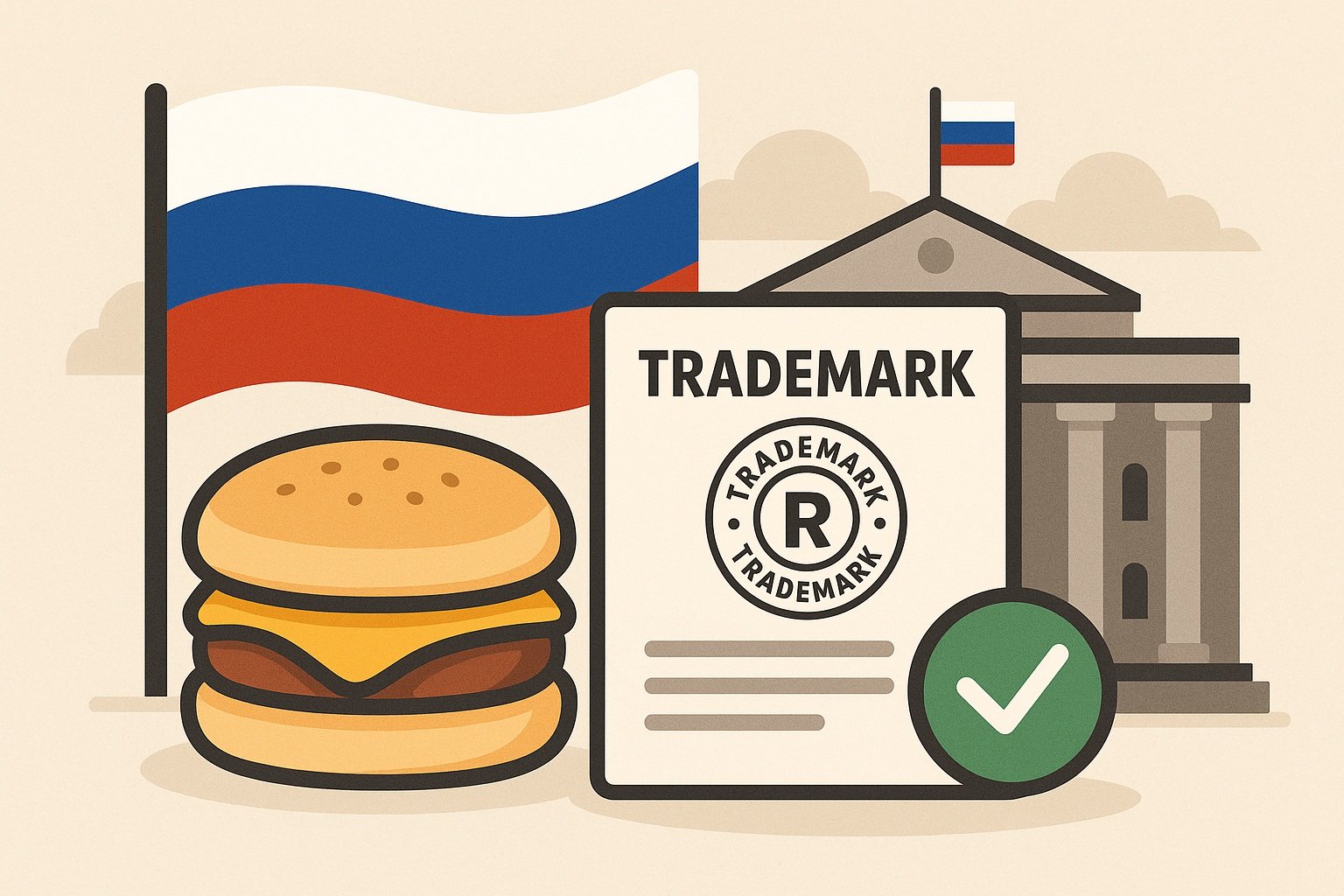

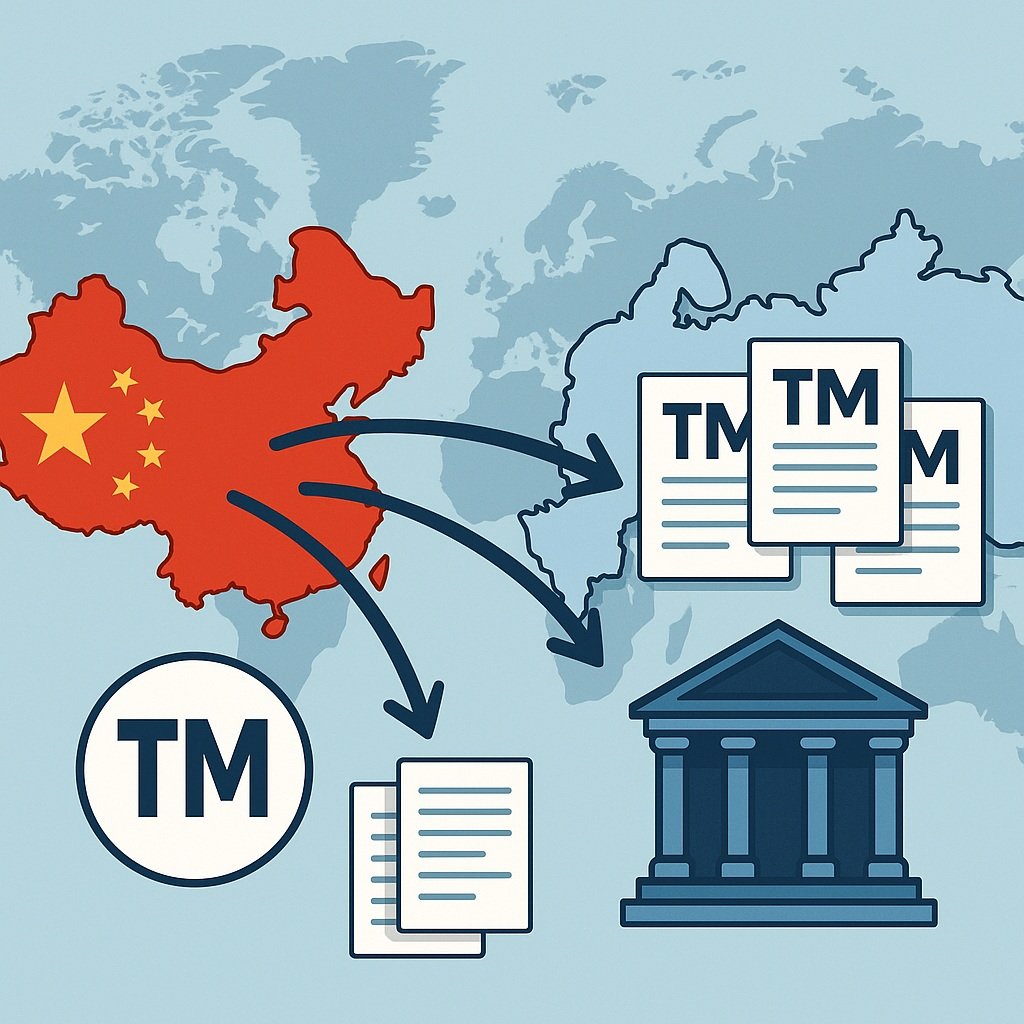
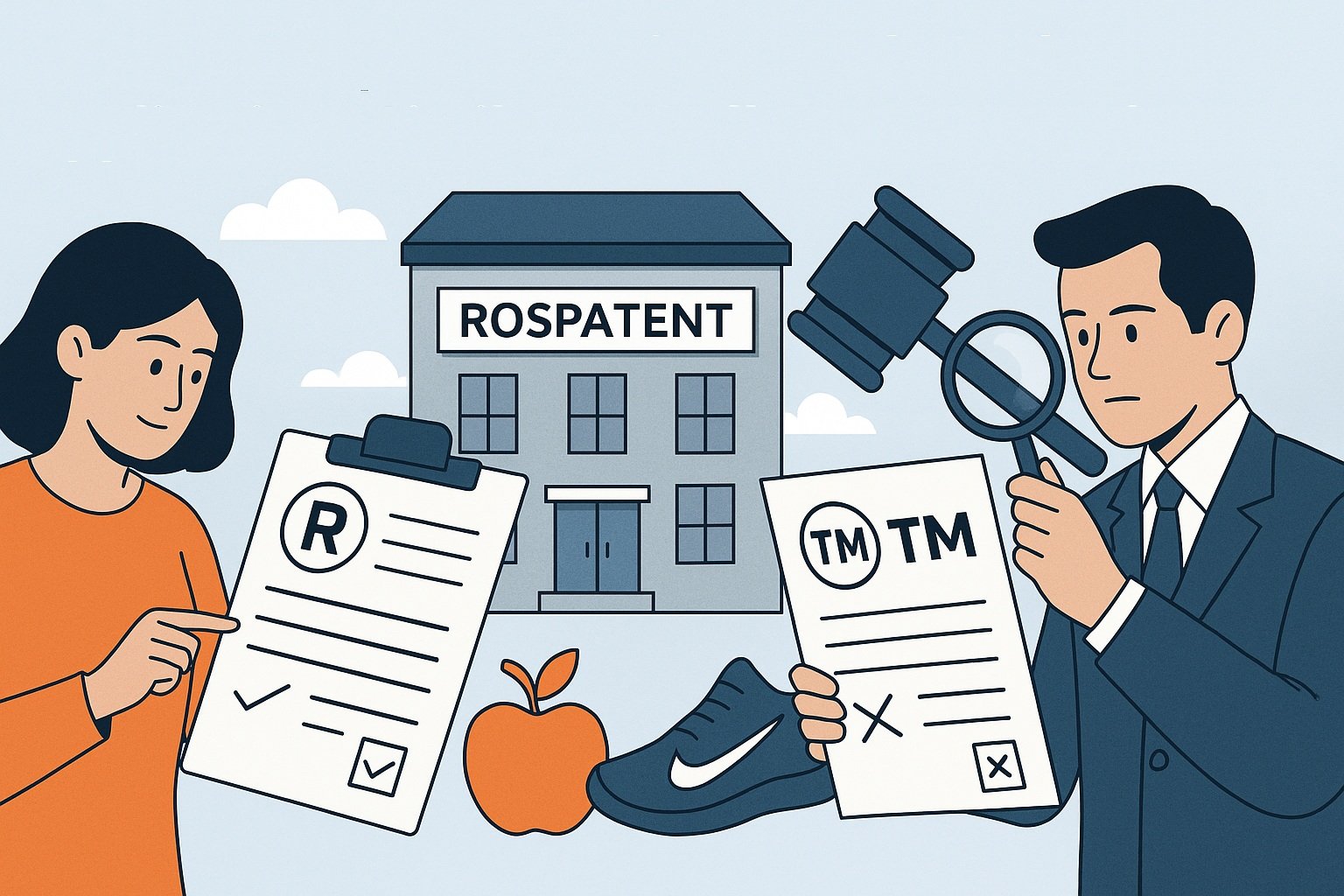

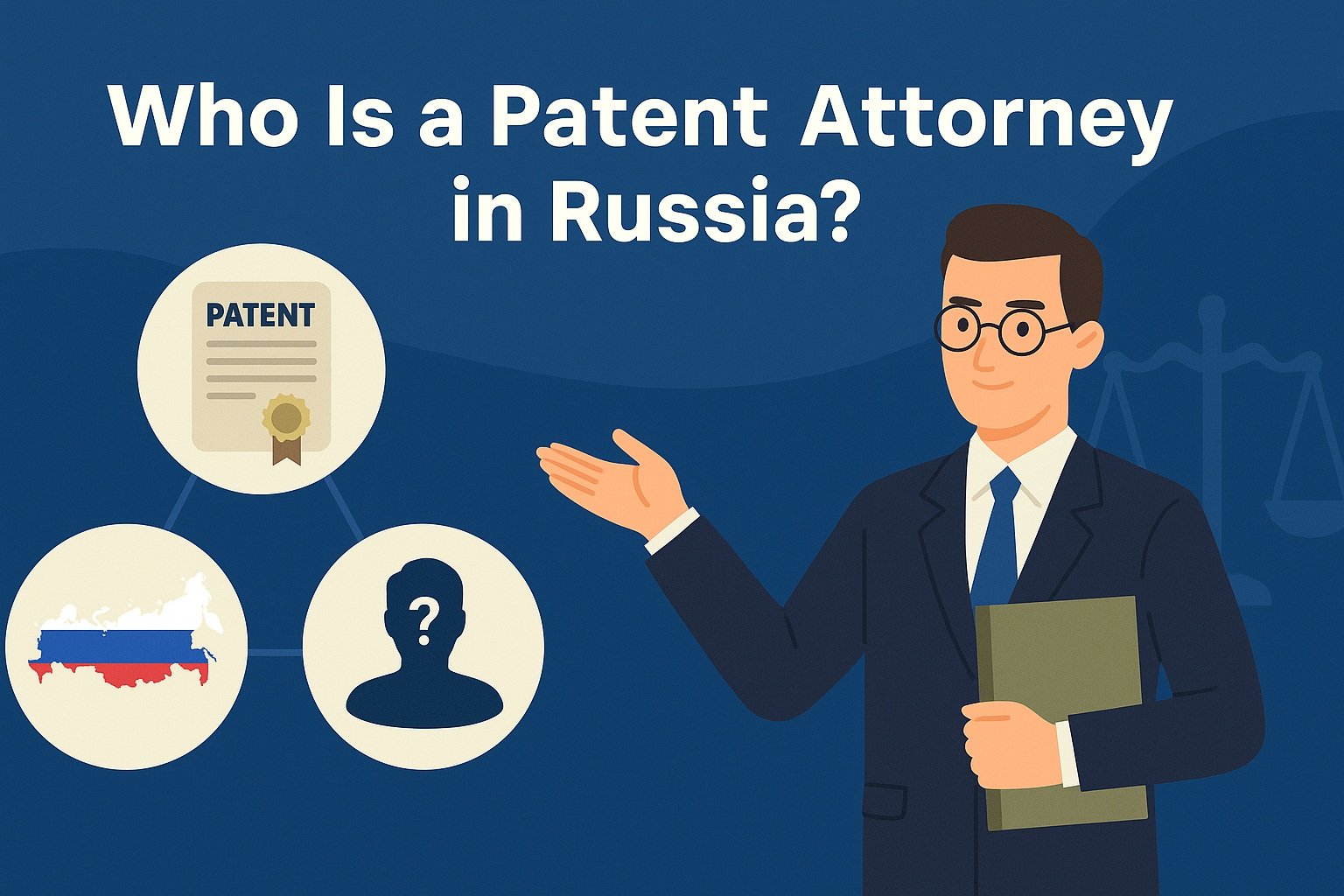
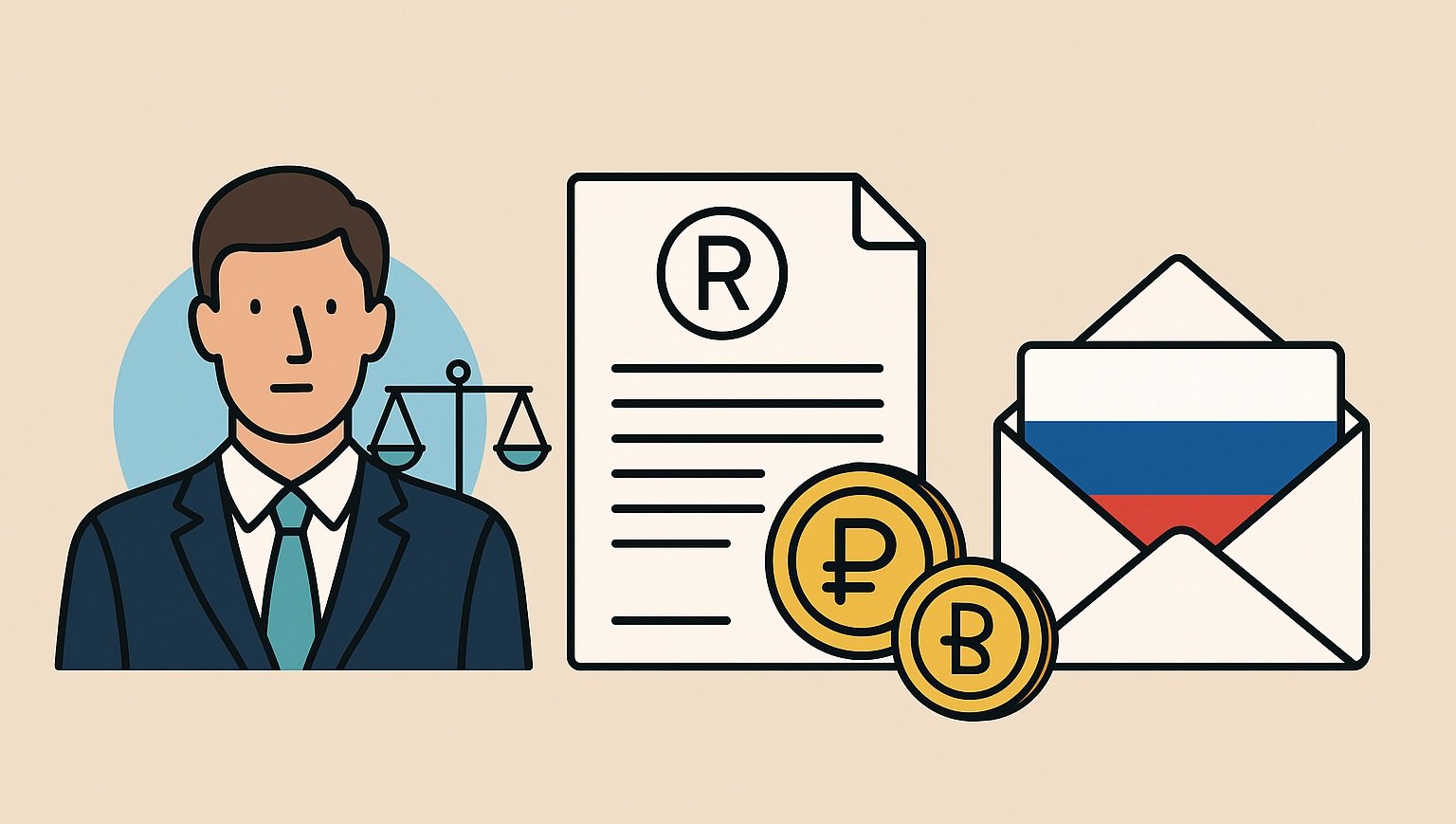
Leave a Reply